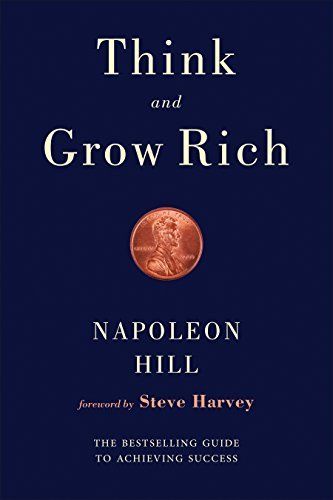"Follow your passion" has become a cultural cliché and go-to advice for career seekers. But it's overly simplistic and misleading. Most people early in their careers don't have pre-existing passions to follow.
Research shows that people perform better and are more satisfied when what they do aligns with their personal interests. But passions are developed, not just stumbled upon fully-formed.
A more complete version of the advice would be "Foster a passion." Instead of trying to discover your one true calling, actively explore and cultivate different interests. Treat interests as possibilities to explore, not preexisting traits. Be patient in developing your interests before expecting a clear passion to emerge.
Section: 2, Chapter: 6
In the final chapter, Jeffers reminds readers that the journey of overcoming fear and embracing life fully is an ongoing one. There will always be new challenges, opportunities, and fears to face. The key is to keep applying the tools and principles learned throughout the book, day by day and moment by moment. By staying committed to personal growth and self-discovery, we can create a life of ever-expanding joy, love, and fulfillment.
Jeffers encourages readers to be patient and compassionate with themselves as they navigate the ups and downs of personal growth. Like any learning process, there will be times of rapid progress and times of plateau or even backsliding. By trusting in the natural ebb and flow of growth and staying committed to the journey, you allow your transformation to unfold in its own perfect timing.
Section: 1, Chapter: 12
When faced with challenging situations, we often have two choices: to say "yes" or to say "no."
Saying "no" may provide temporary relief or a sense of control, but it ultimately leads to stagnation, resentment, and a victim mentality. Saying "yes," on the other hand, opens us up to growth, learning, and new possibilities. While saying "yes" may involve discomfort or pain in the short term, it allows us to move through difficulty and come out stronger on the other side.
Section: 1, Chapter: 9
Jeffers invites readers to think of themselves as lifetime students in the school of life. Each experience, whether joyful or challenging, is a lesson to be learned. When you approach decisions with this mindset, you stop putting so much pressure on yourself to make the "right" choice. Instead, you focus on fully engaging with the path you've chosen and extracting the learning from each experience.
Section: 1, Chapter: 7
"As long as you continue to push out into the world, as long as you continue to stretch your capabilities, as long as you continue to take new risks in making your dreams come true, you are going to experience fear."
Section: 1, Chapter: 2
To fully engage with each area of your Whole Life Grid, Jeffers recommends two powerful practices:
- Make a 100% commitment to each area of focus, giving it your full attention and effort when you're engaged with it.
- Act "as if" you really count and your presence makes a difference.
This shift in mindset energizes you and attracts more positive experiences. By applying these practices consistently, you build a sense of purpose and fulfillment in all areas of your life.
Section: 1, Chapter: 8
Often, we stay in unfulfilling situations because there are hidden "payoffs" that keep us there. These payoffs might include a sense of security, avoiding the discomfort of change, or getting to be right. Jeffers recommends making a list of all the payoffs you get from staying stuck in some area of your life. Once you're aware of these payoffs, you can consciously choose to let them go and move forward. Awareness is the key to breaking free from self-imposed limitations.
Section: 1, Chapter: 4
We all experience thought biases, especially when mood is low, that negatively color our perspective. Some common ones include mind reading (assuming you know what others think), overgeneralization (applying one negative event to everything), emotional reasoning (I feel it so it must be true), and all-or-nothing thinking.
Strategies to counter biased thoughts:
- Recognize thoughts are not facts but one possible interpretation
- Get in the habit of noticing and labeling biases when they occur
- Consider alternative perspectives by talking to others
- Practice mindfulness to step back and observe thoughts without judgement
Naming thought distortions helps you gain distance from them so they have less power over your emotions. You can't control what thoughts pop up, but you can change your relationship to them.
Section: 1, Chapter: 2
The more precise your language is to describe your inner world, the better equipped you are to handle it skillfully. But many of us have a limited emotional vocabulary, defaulting to vague labels like "good" or "bad." Expanding your feeling word repertoire can actually help regulate emotions and cope with stress.
- Get specific - Go beyond "happy" or "sad". What subtle flavors or layers are present?
- Use metaphor - If your feeling was a color, texture, or weather pattern, what would it be?
- Consult a feelings wheel - Psychologists have mapped out the spectrum of emotions to help you pinpoint your experience.
When you can precisely articulate what you feel, you open up more possibilities for how to address it. Naming tames - it's the first step to gaining mastery over your emotions vs. being controlled by them.
Section: 3, Chapter: 12
A common fear about self-acceptance is that it will lead to stagnation. If you're content as you are, where's the drive to improve? But this belief confuses self-acceptance with complacency. True self-acceptance galvanizes growth, it doesn't obstruct it.
Self-acceptance means receiving your whole self - strengths and struggles alike. It's a stable foundation to build from vs. the rollercoaster of only feeling good enough when you achieve. You can strive from a place of worthiness rather than lack.
Self-acceptance takes practice. Start by noticing your self-talk. Where is it harshly critical vs. compassionately honest? Meet your inner critic with understanding, then experiment with kinder language. Commit to having your own back, come what may.
Section: 5, Chapter: 21
Stress has a PR problem. It's vilified as the root of all modern maladies, a bug in the system to be eradicated. But what if stress is a feature, not a flaw? What if harnessing it is the key to peak performance?
Consider stress on a spectrum: Too little stress - Boredom, stagnation, low motivation Optimal stress - Enhanced focus, decisiveness, mobilized energy Too much stress - Impaired judgment, irritability, physical strain
Stress is simply your body's response to a perceived challenge. It rallies your resources - increasing heart rate, breathing and adrenaline - to help you rise to the occasion. Stress only becomes a problem when it's chronic, with no chance for recovery in between.
Section: 7, Chapter: 28
Mental health exists on a continuum - it naturally fluctuates based on life circumstances. We all have bad days, but if your low mood, anxiety or apathy are consistently interfering with your ability to function, it may be time to enlist backup.
Reaching out takes courage, but it's a sign of self-awareness, not brokenness. Therapists act as objective guides, equipping you with evidence-based tools to navigate life's inevitable ups and downs. They create a safe space to be radically honest, without the pressure to perform or people-please.
Section: 8, Chapter: 36
"Confident is not the same as comfortable. One of the biggest misconceptions about becoming self-confident is that it means living fearlessly. The key to building confidence is quite the opposite. It means we are willing to let fear be present as we do the things that matter to us.
When we establish some self-confidence in something, it feels good. We want to stay there and hold on to it. But if we only go where we feel confident, then confidence never expands beyond that. If we only do the things we know we can do well, fear of the new and unknown tends to grow. Building confidence inevitably demands that we make friends with vulnerability because it is the only way to be without confidence for a while."
Section: 5, Chapter: 19
"The aim is to build on your ability to reflect on your experiences and how you responded to them...Metacognition involves reflecting on those thoughts and how they further impacted on your experience...Journaling in this way can feel strange if we are used to glossing over things without paying too much attention to the details. But over time those details can help us to build our awareness of our experience in hindsight, as we start to spot the cycles and patterns of behaviour in the moment, as they happen."
Section: 2, Chapter: 9
Elite athletes, emergency responders, surgeons - high stakes are just another Tuesday for these folks. Yet they consistently rise to the occasion. Their secret? A challenge mindset.
Research shows how you mentally frame stress changes how it physically impacts you. Seeing stress as a tool to sharpen your skills has the opposite effect - you feel more confident, energized and in control.
- Normalize it. Remind yourself that feeling adrenalized before a big event is human and helpful. Those jitters are gearing you up to rock it.
- Mine it for meaning. How does this challenge tie to your larger purpose? Let that big picture view put things in perspective.
- Visualize your coping. Imagine yourself navigating discomfort gracefully, not just a flawless end product. Mental rehearsal primes your brain for success.
- Aim for excellence, not perfection. Perfection is brittle and binary. Excellence allows for humanity while still reaching high.
Section: 7, Chapter: 31
Just as the body needs good nutrition, the mind needs consistent nourishment too. Make a habit of tending to these 5 "defense players" to fortify your mental health:
- Exercise - Boosts mood, energy and cognitive function. Find something you enjoy and can stick with.
- Sleep - Poor sleep makes everything harder. Optimize your wind-down routine and sleep environment.
- Nutrition - Food feeds the brain. Traditional diets like Mediterranean show mental health benefits. Make small improvements where you can.
- Routine - Having a daily rhythm balances your nervous system. Notice when you get off track and course correct.
- Connection - Social support is vital for wellbeing. Prioritize time with others even when you don't feel like it.
Section: 1, Chapter: 5
Most people's knee-jerk response to anxiety is to make it go away ASAP. Unfortunately, avoidance shrinks your world and sends the message that you can't handle discomfort. To truly outsmart anxiety, you have to practice moving towards it.
- Breathe deep. Slowing your exhale calms a racing heart. Try square breathing by inhaling for a 4-count, holding for 4, exhaling for 4, holding for 4, repeat.
- Move your body. Exercise metabolizes stress hormones and proves to your brain that you're not in physical danger.
- Question thoughts. Anxiety makes you overestimate threats. Ask: Is this worry likely to happen? What evidence suggests a different outcome?
- Plan for the best. Visualizing yourself coping with challenges boosts self-efficacy. Your mind needs examples of your resilience.
- Live your values. Doing what matters most keeps anxiety from calling all the shots. Every brave act is a deposit in your confidence bank.
Anxiety is an inevitable part of being human. The goal isn't to never feel it, but to develop a new relationship with it.
Section: 6, Chapter: 24
The fear of messing up keeps many people playing small in life. Mistakes can feel like proof that we're inadequate. But what if you could face slip-ups without losing faith in yourself? The key is self-compassion - extending the same grace to yourself that you would a good friend.
- Acknowledge the universality of imperfection. Messing up is part of the shared human experience, not a character flaw.
- Stick to the facts. Describe what happened objectively without globalizing (e.g. "I missed that deadline" vs. "I'm a failure").
- Investigate with curiosity. What factors contributed to this situation? What could you do differently next time?
- Encourage yourself. What would a compassionate mentor say to keep you moving forward? Now direct those words at yourself.
- Reconnect to your why. Will beating yourself up help you show up as the person you want to be? Probably not.
Section: 5, Chapter: 20
"Reframing does not mean that you deny the inherent risks in a given situation. There was still a risk of failing my exam. But if I chose to focus exclusively on that risk then my stress response might have been much higher and I probably would have found it much more difficult to perform.
Reframing is when you allow yourself to consider reinterpreting the situation in a way that is going to help you move through it. Reframing an experience as a challenge can help us to shift from the flight urge to a somewhat more controlled fight urge. We can move towards something with intention."
Section: 6, Chapter: 25
We're wired to care what others think of us because for our ancestors, group acceptance meant survival. But today, not all criticism is created equal - some of it can help you grow, while the rest is just noise.
- Consider the source. Is it coming from someone whose opinion you value?
- Depersonalize it. Criticism often says more about the giver than the receiver. Try not to take it as a referendum on your worth.
- Learn from it. If the feedback is constructive, ask yourself how you can apply it. If it's unhelpful, let it go.
- Boost your self-worth. Ground yourself in your values so you're not dependent on others' approval.
- Communicate boundaries. If someone is repeatedly critical, it's okay to limit your exposure or tell them how it impacts you.
You can't control what others say, but you can control how much power you give their words. Sorting helpful from unhelpful feedback is a skill that frees you to take risks and keeps you growing.
Section: 5, Chapter: 18
The "Feedback Loop from Hell" refers to the cycle where we feel bad about feeling bad, which makes us feel even worse. For example:
- We feel anxious about feeling anxious
- We get angry that we're feeling angry
- We feel guilty about feeling guilty
This leads us into a downward spiral. The more we try to avoid negative emotions, the more powerful they become. Manson argues the solution is to accept negative emotions as a normal, inevitable part of life rather than desperately trying to escape them.
Section: 1, Chapter: 1
Manson introduces the concept of the "Self-Awareness Onion," which has three layers:
- A simple understanding of one's emotions
- An ability to ask why we feel certain emotions
- Our personal values: How we measure ourselves (and how we measure others)
Manson argues that we must peel back these layers to understand our values and what truly matters to us. It's hard work, but it's essential for making wise choices and building a meaningful life. Most people get stuck on the first or second layer.
Section: 1, Chapter: 4
In the introduction, Mark Manson argues that the key to living a good life is not trying to be positive all the time. Instead, we need to become better at handling adversity, accepting our limitations and flaws, and learning how to not give a f*ck about things that don't really matter. Manson acknowledges this approach is counterintuitive in an age obsessed with positive thinking and self-help mantras.
Section: 1, Chapter: 1
In chapter 5, Manson hammers home the point that you are always responsible for your life situation, because you are always choosing:
- Even when you feel trapped, you are choosing (e.g. choosing to stay in a bad job or relationship)
- Even if you didn't directly cause your current problems, you're responsible for how you react to them
- Taking responsibility for your problems is hard, but also empowering. It lets you affect your situation rather than being a helpless victim.
Many people deny responsibility because it's painful in the short-term. But in the long-run, it's the only path to an authentic and fulfilling life. Blaming your problems on others just makes you dependent and bitter.
Section: 1, Chapter: 5
Manson argues that many people are caught up in an endless cycle of avoidance, always pursuing quick-fix highs and escaping painful emotions. Instead, we need to confront our issues head on:
- Choose to view struggles and pain as opportunities for growth
- Ask yourself "What am I willing to struggle for? What do I give a f*ck about?"
- Practice meditation and other techniques to sit with and accept discomfort
By facing problems directly instead of avoiding them, we build resilience and derive more meaning from life. Avoidance only makes us weaker and less prepared to handle the inevitable challenges we'll face.
Section: 1, Chapter: 1
Self-sabotage is what happens when we refuse to consciously meet our innermost needs, often because we do not believe we are capable of handling them.
We sabotage relationships because what we really want is to find ourselves, though we're afraid to be alone. We sabotage professional success because what we really want is to create art. We sabotage our healing journey by psychoanalyzing our feelings to avoid experiencing them. We sabotage our self-talk because if we believed in ourselves, we'd feel free to take risks and be vulnerable.
In the end, self-sabotage is very often just a maladaptive coping mechanism, a way we give ourselves what we need without having to actually address what that need is.
Section: 1, Chapter: 2
"When you only find happiness and peace after you've fixed every flaw, mastered every challenge, and are living decidedly in the 'after' part of the picture of your life, you have not resolved anything. You have only reinforced the idea that you cannot be okay until everything is perfect."
Section: 1, Chapter: 5
Just as psychotherapists use inner child work to reconnect with your younger self, you can use a visualization technique to connect with your highest potential future self.
To practice this:
1. Find a quiet place when you feel relaxed and open to guidance
2. Imagine sitting at a comfortable table and invite your future self to join you
3. Ask specifically for your highest possible version to appear
4. Pay attention to how they look, behave, and what their expressions communicate
5. Keep yourself open to whatever wisdom they want to share
You can also reverse this by imagining yourself sitting with your past self from 3-7 years ago, handing them the keys to your current life. The process should leave you feeling calm, affirmed, and self-assured about your path forward.
Section: 1, Chapter: 6
In the end, it is not the mountain that you must master, but yourself.
Section: 1, Chapter: 1
There is only a certain amount of happiness that most of us will allow ourselves to feel. Gay Hendricks calls this your "upper limit" - essentially the amount of "good" that you're comfortable having in your life.
When you begin to surpass your upper limit, you start to unconsciously sabotage what's happening to bring yourself back to what's familiar. This can manifest physically as aches, pains, headaches, or tension. For others, it manifests emotionally as resistance, anger, guilt, or fear.
We are not wired to be happy; we are wired to be comfortable, and anything outside our comfort zone feels threatening until we become familiar with it. To resolve upper limit problems, slowly acclimate yourself to your new "normal" rather than shocking yourself with big changes.
Section: 1, Chapter: 2
You may be in a cycle of self-sabotage if:
- You're more aware of what you don't want than what you do want
- You spend more time trying to impress people who don't like you than with people who love you
- You're putting your head in the sand about basic facts of your life
- You care more about convincing others you're okay than actually being okay
- Your main priority is being liked, even at the expense of being happy
- You're more afraid of your feelings than anything else
- You're blindly chasing goals without asking why you want them
- You're treating your coping mechanisms as the problem rather than addressing the underlying needs
- You value your doubt more than your potential
- You're trying to care about everything instead of prioritizing what matters most
Section: 1, Chapter: 2
Hill describes faith as the "eternal elixir" that gives life and power to the impulse of thought. He argues that faith can be developed through the principle of auto-suggestion - the practice of influencing one's subconscious mind through self-administered stimuli. Hill provides a "self-confidence formula" to cultivate faith:
- Demand of yourself persistent, continuous action toward your goal.
- Visualize yourself already in possession of your goal.
- Devote time daily to developing self-confidence.
- Write out a clear description of your definite chief aim.
- Recognize that you can achieve your goal through self-confidence, cooperation with others, and ethical behavior.
By repeating this formula daily, Hill claims one can gradually influence their thoughts and actions to build self-reliance and success.
Section: 1, Chapter: 3
Hill outlines a specific process to transform desires into tangible wealth:
- Fix in your mind the exact amount of money you desire.
- Determine precisely what you intend to give in return for the money.
- Establish a definite date by which you intend to acquire the money.
- Create a definite plan to carry out your desire, and begin at once.
- Write out a clear, concise statement of the amount of money you intend to acquire, the time limit, what you plan to give in return, and your plan to acquire it.
- Read your written statement aloud twice daily - once before sleeping and once after waking.
Hill emphasizes that this process requires more than just wishing; it demands a burning obsession coupled with unwavering faith and persistent action.
Section: 1, Chapter: 2
Books about Self-Help
Personal Development
Self-Help
Leadership
Grit Book Summary
Angela Duckworth
In "Grit: The Power of Passion and Perseverance," Angela Duckworth argues that the secret to outstanding achievement is not talent, but a special blend of passion and persistence she calls "grit."
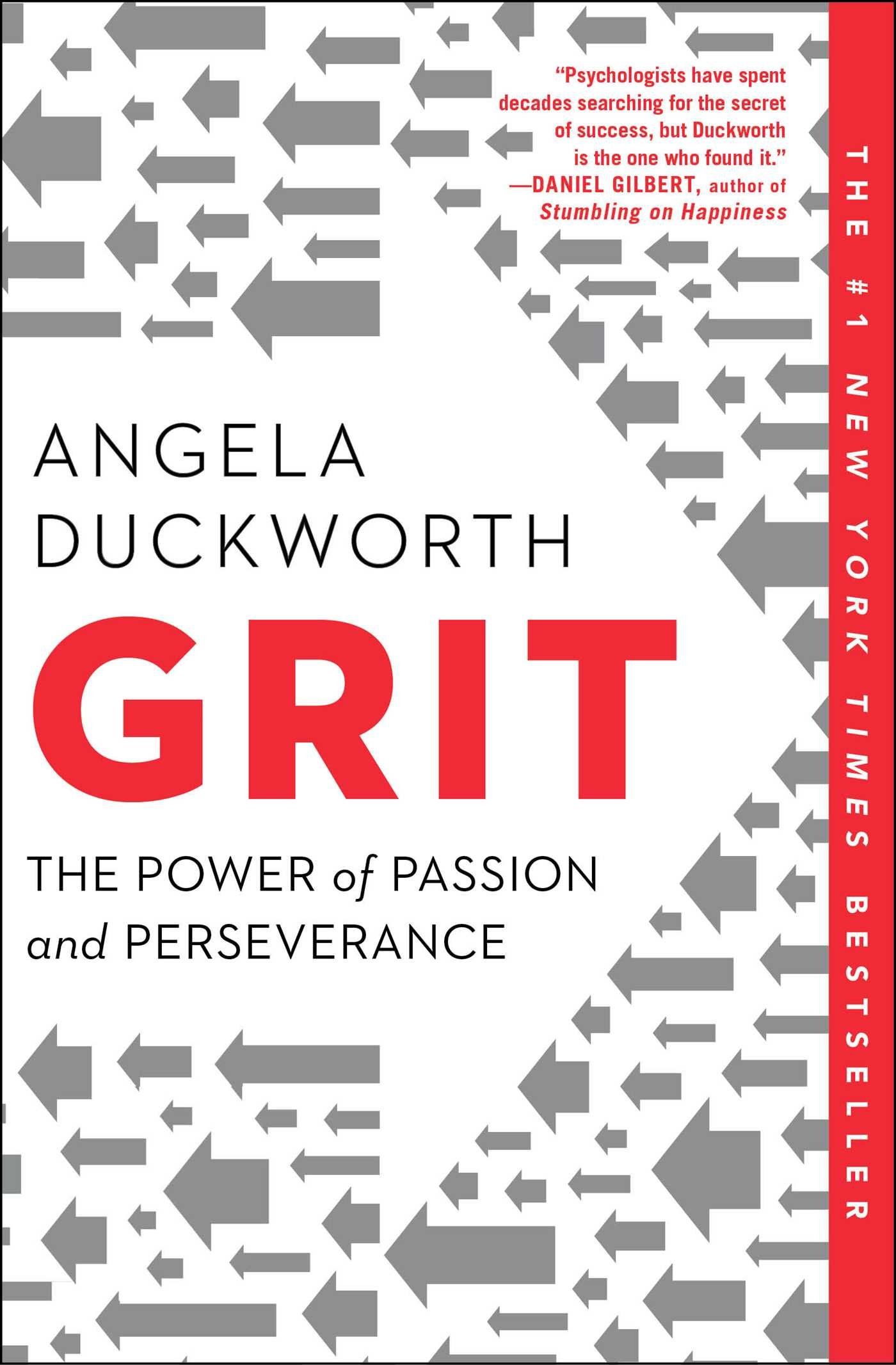
Personal Development
Tiny Experiments Book Summary
Anne-Laure Le Cunff
Tiny Experiments offers not just practical tools to make sure your most vital work gets done, but a guide to reawakening your curiosity and drive in a noisy, busy, disaffected world, so that you can discover and pursue your most authentic ambitions while making a meaningful contribution.

Personal Development
Self-Help
Feel The Fear And Do It Anyway Book Summary
Susan Jeffers
In "Feel the Fear and Do It Anyway," Susan Jeffers empowers readers to overcome their fears by shifting their mindset, embracing uncertainty, and taking bold action in the direction of their dreams.
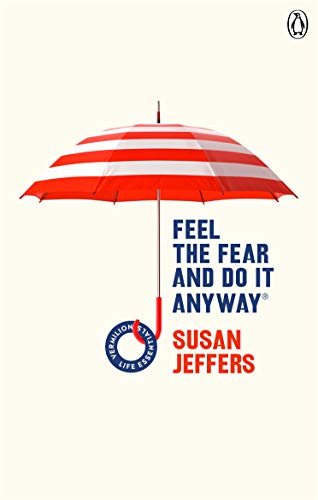
Productivity
Self-Help
Personal Development
Slow Productivity Book Summary
Cal Newport
In "Slow Productivity," Cal Newport argues that the key to producing meaningful knowledge work is rejecting busyness and distraction in favor of a more deliberate approach that prioritizes quality, focus, and a sustainable pace.
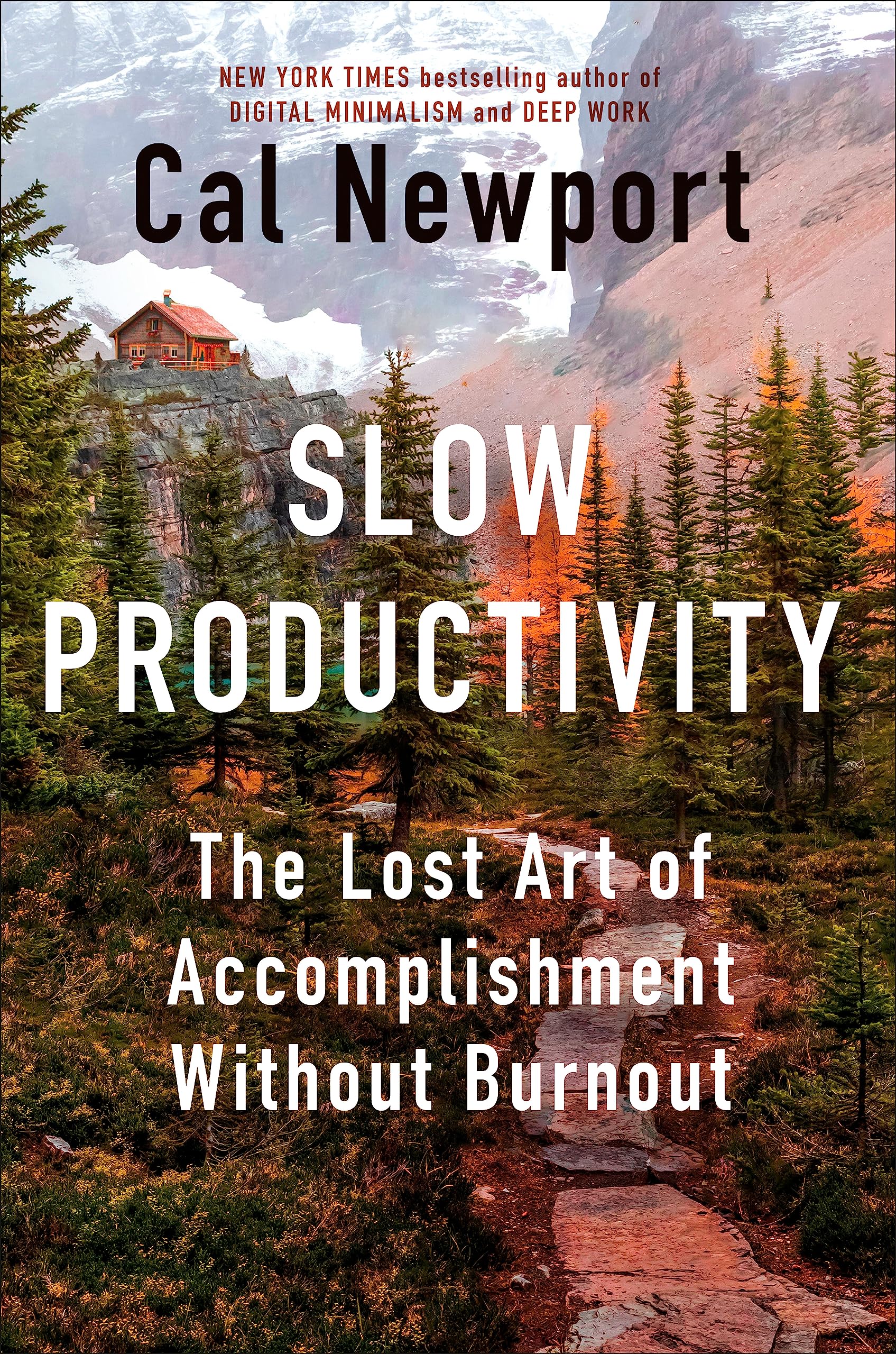
Psychology
Money
Self-Help
The Psychology of Money Book Summary
Morgan Housel
The Psychology of Money is a fascinating look at the strange ways people think about money and teaches you how to make better sense of one of life's most important topics. Doing well with money isn't necessarily about what you know; it's about how you behave, and behavior is hard to teach, even to really smart people.
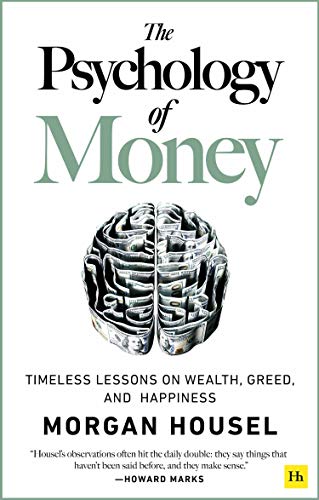
Personal Development
Learning
Psychology
Range Book Summary
David Epstein
"Range" challenges the conventional wisdom that early specialization is the key to success. Instead, Epstein argues that in our increasingly complex and unpredictable world, it is those with broad experience and diverse skills who are best equipped to thrive.
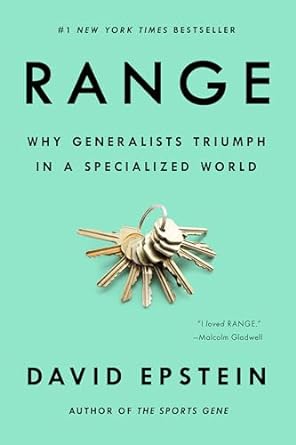
Psychology
Therapy
Self-Help
Personal Development
Why Has Nobody Told Me This Before Book Summary
Julie Smith
In "Why Has Nobody Told Me This Before?", Dr. Julie Smith shares practical insights and tools from therapy to help you navigate life's challenges, build resilience, and create a meaningful life aligned with your values.
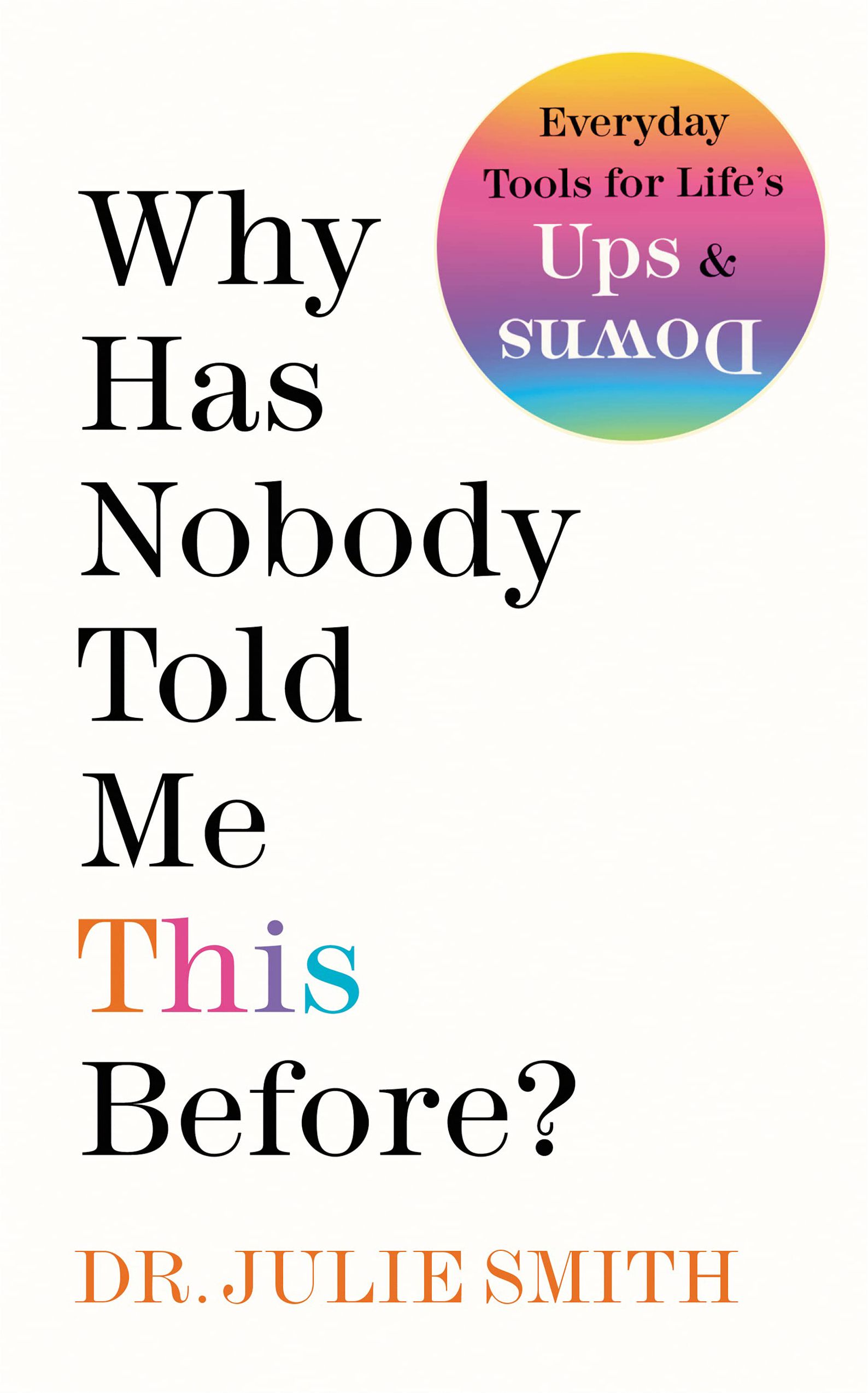
Psychology
Personal Development
Self-Help
Philosophy
The Subtle Art of Not Giving a F*ck Book Summary
Mark Manson
In "The Subtle Art of Not Giving a F*ck," Mark Manson argues that the key to a good life is not the pursuit of happiness, but rather the embrace of uncertainty, failure, and our own limitations - learning to care deeply about a few important things, and letting go of the rest.
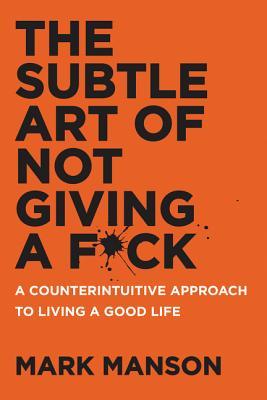
Life
Meaning
Money
Die With Zero Book Summary
Bill Perkins
Die with Zero is an unconventional guide that challenges traditional notions of saving and spending, urging readers to maximize their life experiences by investing in memories and relationships while they still have the time and health to fully enjoy them.
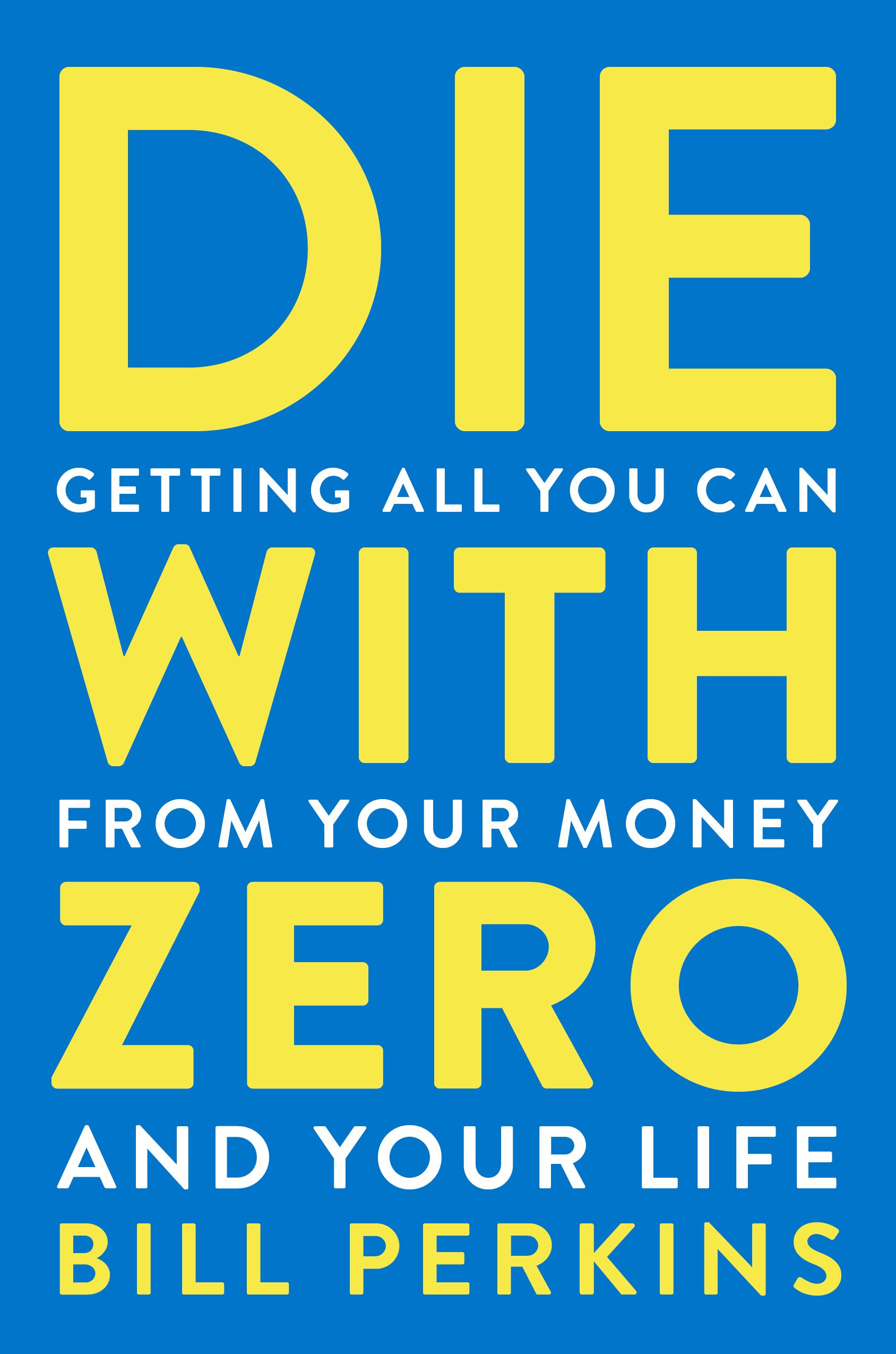
Personal Development
Self-Help
Psychology
The Mountain Is You Book Summary
Brianna Wiest
For centuries, the mountain has been used as a metaphor for the big challenges we face, especially ones that seem impossible to overcome. To scale our mountains, we actually have to do the deep internal work of excavating trauma, building resilience, and adjusting how we show up for the climb. In the end, it is not the mountain we master, but ourselves.

Personal Development
Money
Think and Grow Rich Book Summary
Napoleon Hill
"Think and Grow Rich" is a transformative guide that reveals how harnessing the power of thought, desire, and persistence can turn your dreams into reality, offering practical strategies to overcome mental barriers and achieve lasting success and wealth.
